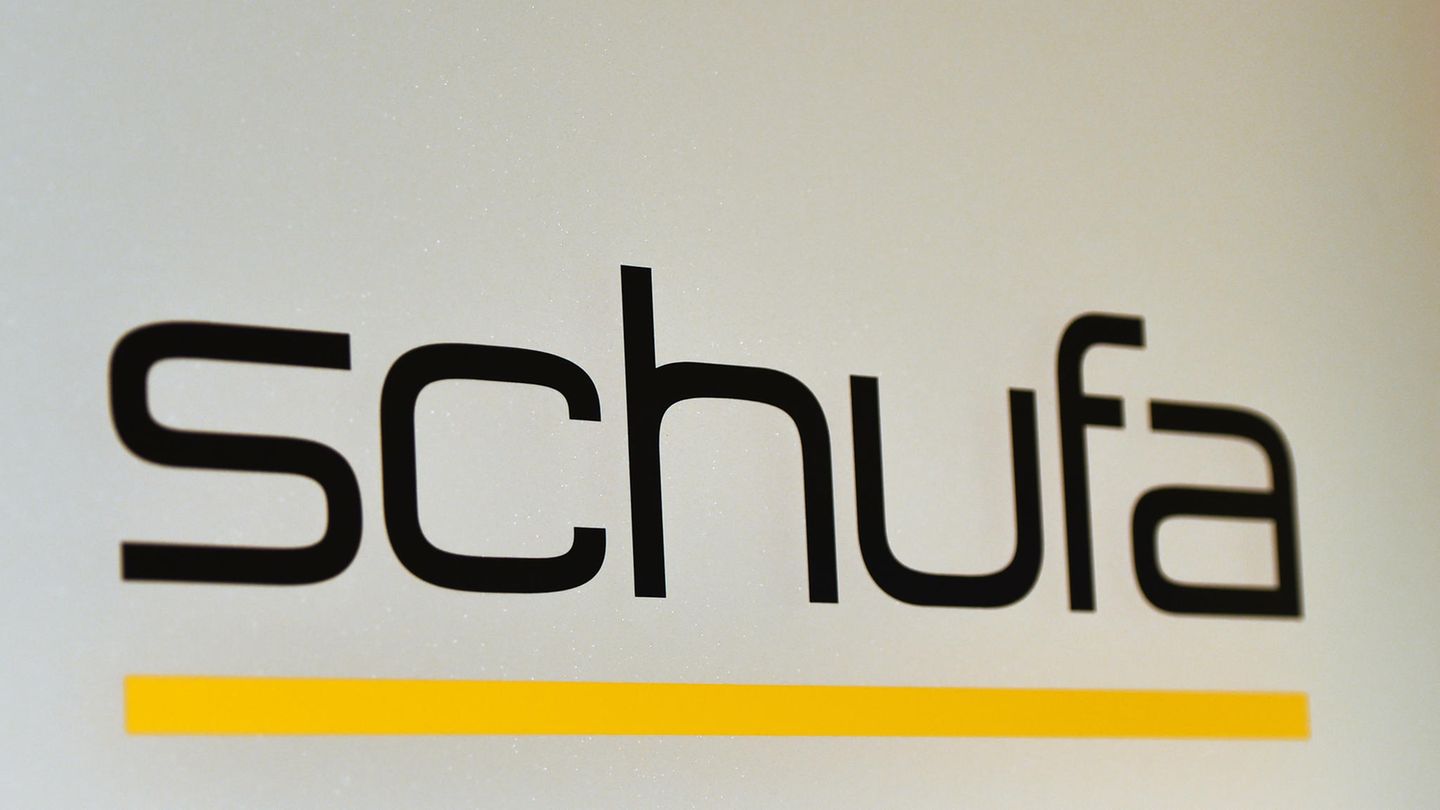The Swedish financial investor EQT wants to take over the Schufa. He promises privacy and transparency. But there is criticism of the plans – and a prevention strategy by the previous owners.
If there’s one thing that’s not controversial about Schufa, it’s that it’s a German institution. In 1927 the first “protection group for sales financing” was formed in Berlin, and in the 1950s 13 regional companies joined together to form the federal Schufa. Since the year 2000, it has operated as Schufa Holding AG in Wiesbaden. There it sits on a treasure trove of data from six million companies and 68 million people in Germany.
But soon the most important German credit agency could get into the hands of foreign owners. Because the Swedish financial investor EQT has announced that he would like to buy the Schufa. And the cartel office already said last week that it has nothing against it.
At the same time – and this is where it gets a bit confusing – the authority also allowed the competing plan of the previous minority owner Teambank to increase its own shares in the public company and thus prevent the takeover by EQT. From a competition perspective, “both projects had to be approved,” said Cartel Office President Andreas Mundt. In other words: argue about it, we have nothing against it.
What does EQT want?
Since then there has been excitement, because who owns the data that determines the creditworthiness of millions of Germans is not an insignificant question. There is already an online petition on the campaign platform Campact with the call “Stop the sale of Schufa data”, which 225,000 people have signed. EQT made it clear that the data was “a gold mine”, write the authors of the campaign. “The Swedish group is about profits, growth and more returns for its investors.”
EQT, on the other hand, presents itself to the public as a reformer and pioneer for more transparency and consumer protection. They want to “resolve the reform backlog and initiate the urgently needed change,” said EQT partner Matthias Wittkowski in an interview with t-online. This includes, for example, the project for a mobile phone app in which consumers can “simply and free of charge see what data Schufa stores about you, when the deletion periods start and how the data is included in your score”. They also want to show how everyone can improve their score.
But of course, Wittkowski concedes, as an investment company, you also focus on “attractive returns” and “growth.” Means: The enormous treasure trove of data of the Schufa should be turned into money in some form. Exactly how, the Swedes are keeping a low profile. And hence the uneasiness of the critics.
Previous owners with right of first refusal
However, the decisive opponent for EQT are not activists and data protectionists, but the competitors in the bidding competition. Because the potent Swedes have already agreed with the major French bank Société Générale to take over ten percent of the Schufa shares for 200 million euros. And they made it clear that they would raise enough money to take over up to 100 percent of Schufa.
But the other previous owners of the Schufa have a right of first refusal if someone throws their shares on the market. And the team bank apparently wants to use this now. The institute, which is known for its “easycredit” loan offer, is a subsidiary of the cooperative DZ Bank and currently owns just around 18 percent of Schufa. However, in association with the other cooperative banks and savings banks involved, it is already close to the majority, so that another increase that could secure power. The remaining shares belong to private banks – in addition to Société Générale, above all Deutsche Bank and Commerzbank – as well as players in the retail sector.
However, by no means all consumer advocates see the previous owners as the good guys and the foreign investor as the data-eating locust. The Hessian data protection officer Alexander Roßnagel, for example, welcomes EQT’s announcements of transparency. And he points out that data protection law would also apply under new majorities. Consumer-friendly innovations are important, he told the Funke media group. “Whoever implements them is ultimately less decisive for data protection.”
Federal Consumer Protection Minister Steffi Lemke von den Grüne also emphasized: “Regardless of what the ownership structure looks like in the end, the European and German data protection standards apply equally to all companies.” Instead of standing up for the German top dogs, she used the takeover discussion to verbally put pressure on the Schufa and urge improvements. “It’s not enough to be able to query what data is stored about you,” said Lemke last week. “Schufa should also publish what information it evaluates and how.” That would be it: if the fight for the Schufa were ultimately won by those whose data is being haggled over here.
Sources: DPA / / / /
Source: Stern
Jane Stock is a technology author, who has written for 24 Hours World. She writes about the latest in technology news and trends, and is always on the lookout for new and innovative ways to improve his audience’s experience.




